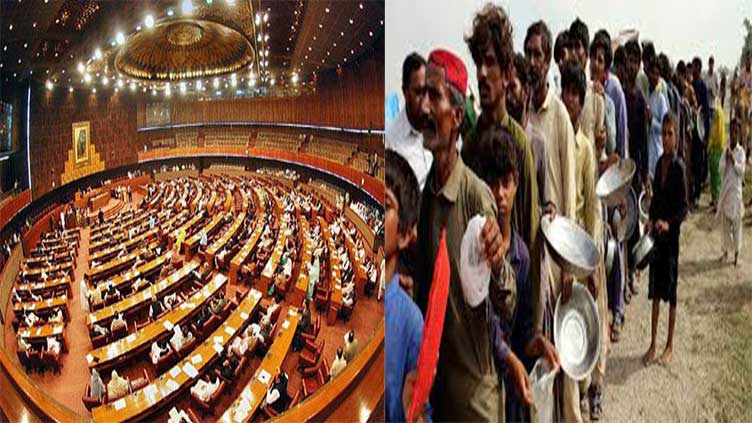Pakistan - Ailment, diagnosis and cure

Pakistan
It is a challenging journey but essential for building a more just and prosperous society
By M. Jahangir
Pakistan’s political landscape has indeed been dominated by the wealthy elite, with many politicians coming from affluent backgrounds. This leads to concerns about representation and justice for the country’s poor segment.
AILMENT
The phenomenon is often described as the feudal democratic system in Pakistan, where power and influence are concentrated in the hands of a few wealthy families. This has resulted in a lack of representation for the poorer classes who make up a significant portion of the population.
Critics argue that the system perpetuates inequalities and limits social mobility, as those in power prioritise their interests over the needs of the broader population. It is a complex issue, but essentially, Pakistan’s democracy has struggled to truly represent the voice and needs of all its citizens, particularly the poor and impoverished.
DIAGNOSIS
The system in Pakistan has its roots in several historical and structural factors:
Colonial legacy: The British colonial system of governance favoured local elites and landowners, creating a power dynamic that persisted post-independence.
Land ownership: The concentration of landownership in the hands of a few powerful families has contributed to their political influence and control.
Political patronage: Wealthy elite have used their resources to cultivate political relationships, secure favours, and maintain their grip on power.
Lack of education and awareness: Limited access to education and information has hindered the ability of lower classes to organise and demand their rights.
Patronage politics: Political parties often rely on wealthy donors and benefactors, perpetuating a system of patronage and dependency.
Institutional weakness: Pakistan’s institutions have struggled with issues like corruptions and political interference, undermining their ability to ensure fair representation.
Social cultural factor: Traditional social hierarchies and cultural norms have continued the dominance of the elite, making it challenging for the less privileged groups to break into the political sphere.
These factors have combined to create a system where the wealthy elite maintain significant political influence, creating inequalities and limiting opportunities for the lower classes of the communities.
CURE
How can Pakistan cope with the feudal democratic system?
Electoral reforms: Strengthening electoral institutions, introducing proportional representation, and ensuring fair voter registration.
Education and awareness: Increasing access to education and empowering the poor.
Land reforms: Implementing progressive land ownership policies, redistributing land to small farmers, and promoting agricultural development.
Political party reforms: Encouraging internal democracy, transparency, and accountability within political parties.
Social and economics empowerment: Implementing polices addressing poverty, inequality, and social exclusion.
Leadership and political will: Encouraging leaders to prioritise democratic values, accountability, and the public interest.
Constitutional reforms: Reviewing and amending the constitution to ensure greater representation and protection for poor groups.
Civil society engagement: Encouraging activism, advocacy and public interest litigation to promote democratic values.
Decentralisation and local governance: Devolving power to local governments, ensuring representation and participation at the grassroot level.
Read more: How World Bank sees Pakistan's economy
Implementation of these solutions requires a sustained effort by civil society, political parties, and institutions. It is a complex and ongoing process, but essential for strengthening Pakistan’s democracy and ensuring a more representative government. It is a challenging journey but essential for building a more just and prosperous society.


